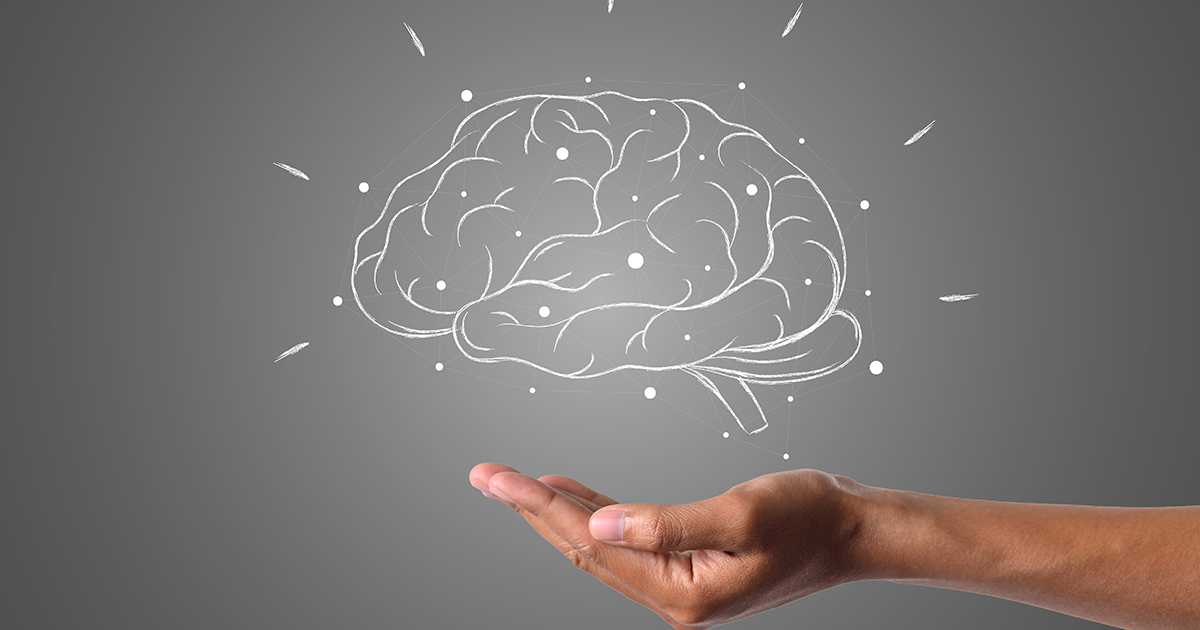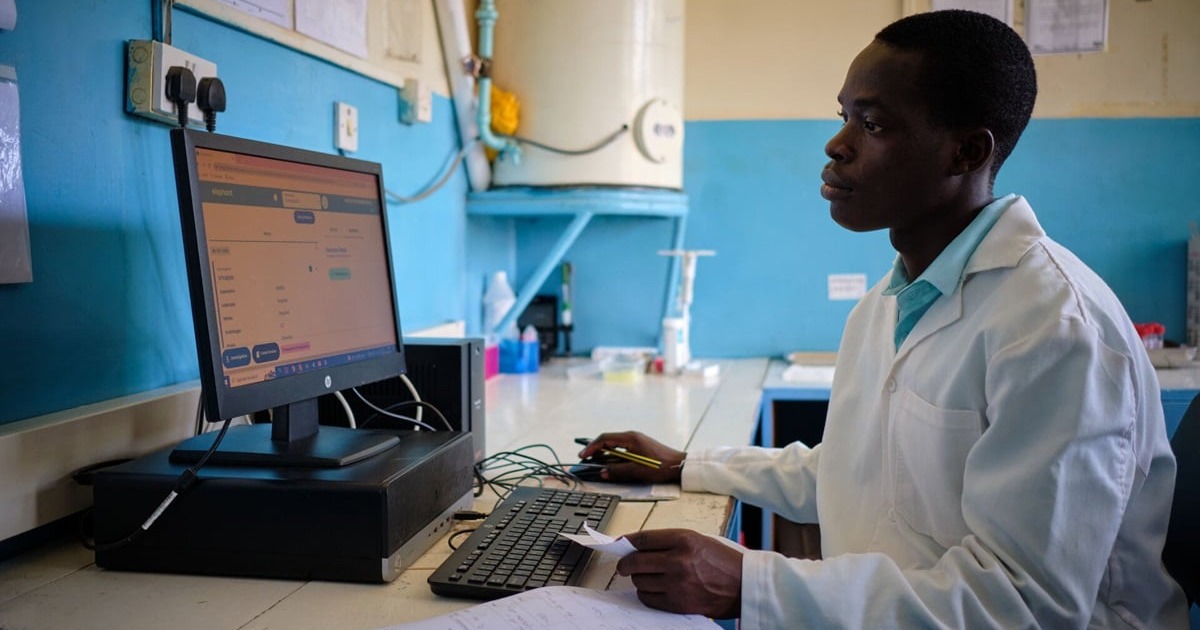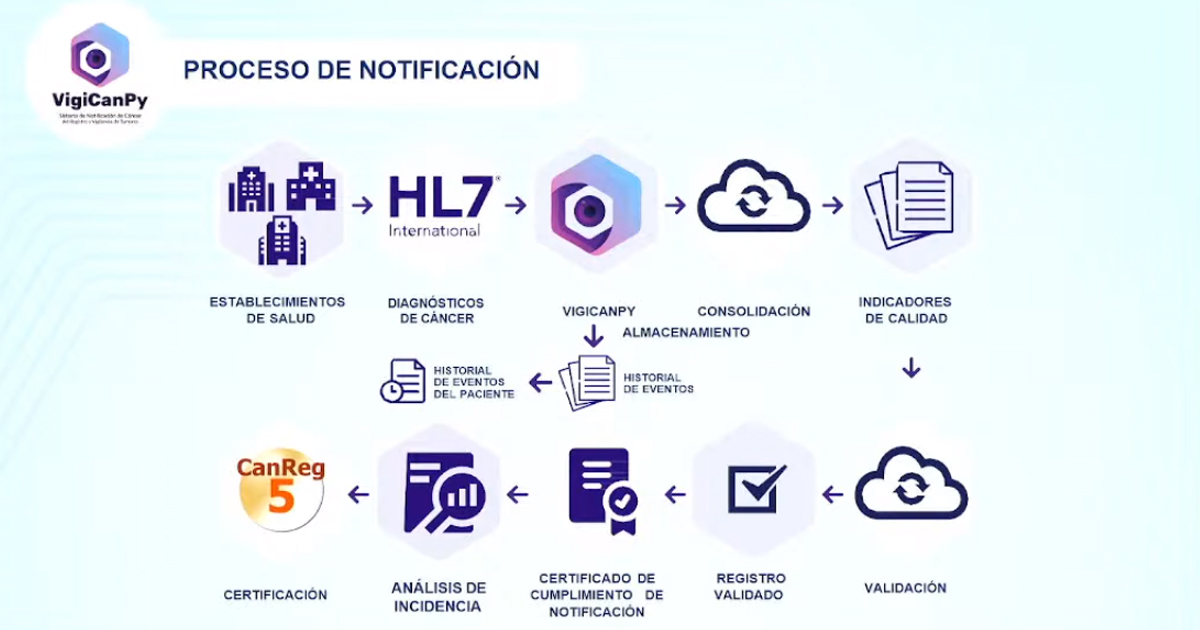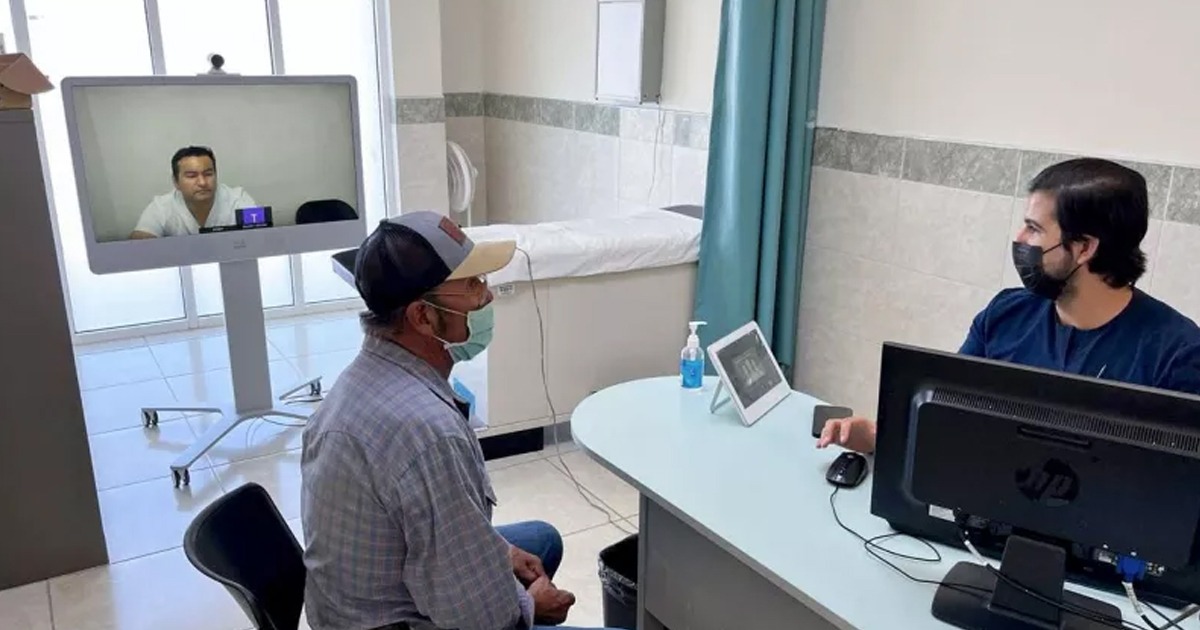Researchers at Massachusetts General Hospital have used Artificial Intelligence (AI) to explore psychological well-being and provide tools to support long-term patients.
The Massachusetts General Hospital team, in collaboration with Deep Longevity Limited, developed AI models to explore psychological well-being and create tools to help people improve long-term life satisfaction, especially in old age.
The results of the research were published in the journal aging in an article entitled: “Optimizing future well-being with artificial intelligence: self-organizing maps (SOMs) for the identification of islands of emotional stability”. The research presented a model of deep learning and human psychology, which is capable of predicting the user's current age and future well-being. Likewise, through a 2D map, the study presents a diagram of the brain regions that are most vulnerable to depression.
"In this paper, we highlight aging-related trends in well-being and have presented a dynamic model of human psychology that allows one to maximize the individual level of happiness," explained co-author and Dr. Nancy Etcoff.

The article studied several variables related to long-term psychological well-being: positive relationships, self-acceptance, autonomy, personal growth, environmental mastery, purpose in life, years, depressive affect, depressed affect, and anhedonia. The collection of this data is based on the application of questionnaires and deep learning.
Through the development of models based on the mentioned variables, the authors explain that it is possible that these data help to develop online tools for the improvement of mental health, interventions guided by therapists and even mobile applications.
In addition to the variables mentioned, the study was able to identify another 32 variables used to make the individual predictions of the patients, in which satisfaction with current life, closeness to the community, interpersonal relationships, daily activities, among others, stand out.
“To address the first part of our research goal, we preselected 32 psychological variables associated with well-being and created a predictor of age and future well-being. The age predictor, as expected, showed poor performance as the features on which it was built were not chosen to be representative of age,” the authors explain.
Furthermore, they developed a learning model based on SOM to provide personalized self-improvement goals. "SOMs are a type of unsupervised learning model that share technological similarities with neural networks." SOMs are used to describe people's mental health and determine mental disorders based on transcribed speech from patients. “The cited model has reached a high precision (97%) when predicting the type of mental illness”, explains the study.
Learn more about this study at the following link: https://www.aging-us.com/article/204061/text






